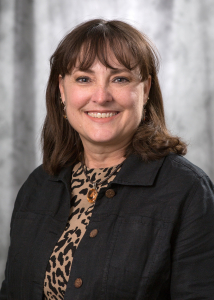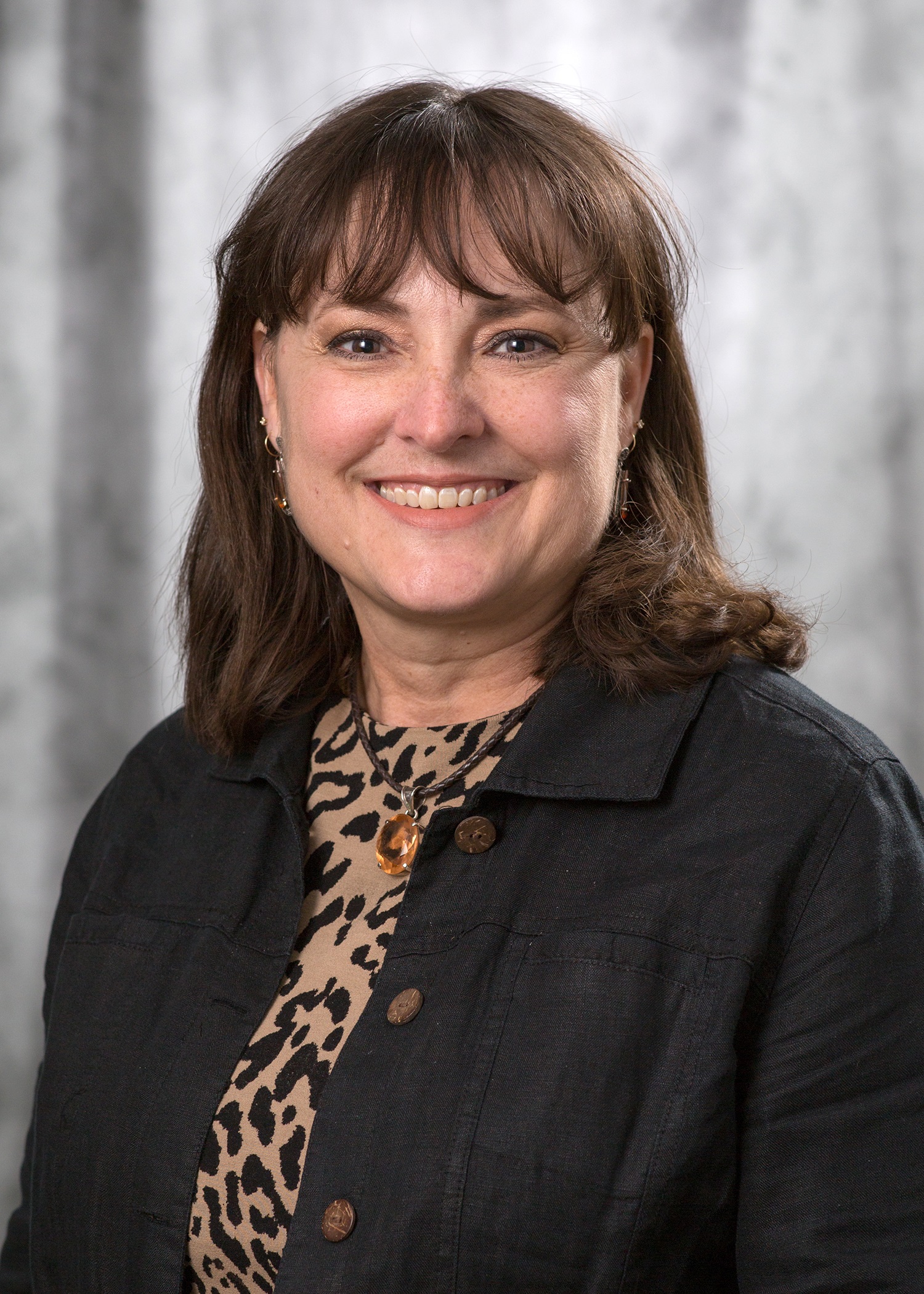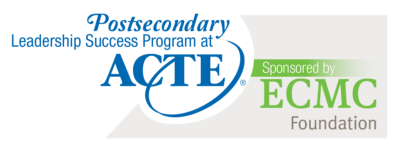Meet Tracey D. Cooper, executive director of nursing at Temple College. Cooper’s interview appears in Techniques as part of a new, digital-exclusive series on fellows in the Postsecondary Leadership Success Program at ACTE – Sponsored by ECMC Foundation.

What leadership skills do you hope to develop as part of the program?
My first goal: to utilize the skills I learned in the CTE Learn course Implementing Innovation. I have always been a visionary within my area of nursing but have not always been able to implement my ideas. My time in the Postsecondary Leadership Success Program thus far has opened my eyes to a bigger picture than I had before. I hope to improve opportunities for all Health Professions students especially as it relates to equity. The skills I learn could also be shared with other CTE program faculty at Temple College.
A second goal: to learn how to be more effective when dealing with difficult people or situations. Working with my mentor gives me insight into how he thinks through issues and addresses them. Skills gained through reading and other leadership development activities have also been helpful in this area.
In what ways have you innovated to engage students >amp; inspire colleagues in career and technical (CTE) through the COVID-19 pandemic?
When the pandemic first began, I kept in constant contact with the faculty to disseminate information and answer any questions they may have. I scheduled a weekly team meeting on Microsoft Teams to keep everyone connected. And I asked that faculty schedule weekly meetings with their students so that the students could ask questions and connect with the faculty and their peers. These team meetings have been successful. Faculty and students found additional success in the use of video calls and chat to connect one-on-one.
I encouraged faculty to be innovative and provided the resources to purchase a scheduling system for the Nursing Simulation Lab. Students self-schedule time in the lab, which allows us to facilitate social distancing. Prior to bringing students back into the clinical sites, we revised our attendance policy to accommodate students’ COVID-19 exposure or infection. To make it work, we purchased virtual simulations to use for clinical experiences.
We learned a big lesson from this. We can be more lenient with attendance because we have these virtual simulations that can be used to make-up missed clinical experiences. Students felt encouraged, knowing that they would not be dismissed due to attendance issues if they could meet the objectives of the course.
Our education systems face many challenges in 2021. Please discuss the steps CTE can take to improve equitable access to high-quality CTE programs of study.
Temple College addresses equity issues by providing a central location for students to seek non-academic assistance. The Circle of Support program is “a partnership between Temple College and the Temple community to make sure no students drop out of college because of barriers such as emergency expenses, child care, transportation, housing and food.” I have often referred students to the Circle of Support and have known of students who were able to persist in school with their aid.
To achieve equity in CTE programs, provide the academic and non-academic resources that students need to succeed. It is important to inform faculty about the resources available. Encourage them to be aware and support students who may be struggling. You may consider providing equity training for all faculty and staff.
Finally, establish an equity committee to review recruitment and admissions practices. Collaborate to make changes to provide equitable admissions.
Learn more about the Postsecondary Leadership Success Program at ACTE – Sponsored by ECMC Foundation.
Please also meet:
- Tiffanie Rosier, STEM education coordinator, Northern Virginia Community College
- Tachaka Hollins, assistant vice chancellor for academic affairs, Tennessee Board of Regents
- Bernie Phelps, director of Perkins, Perkins Rural Reserve and dual enrollment, Montana Tech
- Vickie Thomas, director of the Center for Workforce and Community Development at Eastern New Mexico University – Roswell
- Moira Lafayette, dean of health sciences and public safety at Blackhawk Technical College
- Brad Kinsinger, director of the Global Agriculture Learning Center at Hawkeye Community College
- Eric Sewell, director of technical education at Southern Union State Community College
- C.J. Wurster, district director at Maricopa County Community College District
- Katie Vincent, director of workforce partnerships at Owensboro Community and Technical College
- Xue Xing, assistant professor of teaching and learning at University of Nevada, Las Vegas
- Aleksander Marthinussen, program manager with NOVA SySTEMic at Northern Virginia Community College
- Martha Payan-Hernandez, director of CTE at Fullerton College
- Dan Adams, former CTE administrator and current stay-at-home dad
- Ashlee Spannagel, dean of CTE and workforce development at Southeastern Community College
- Darlene O’Rourke, Perkins grant director and officer at Queensborough Community College
- Shelsi Barber-Carter, CTE coordinator at Baton Rouge Community College








